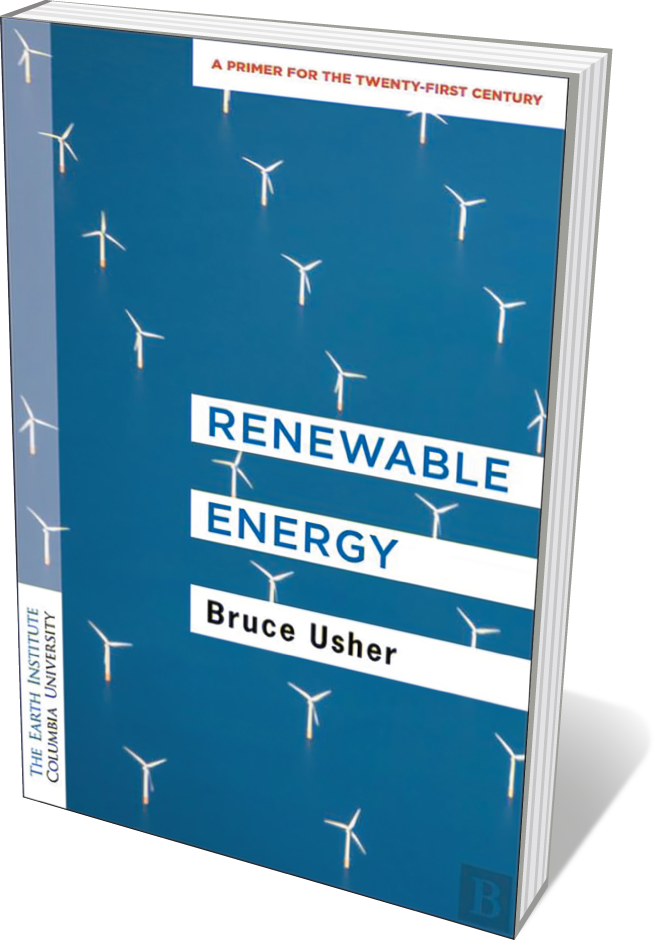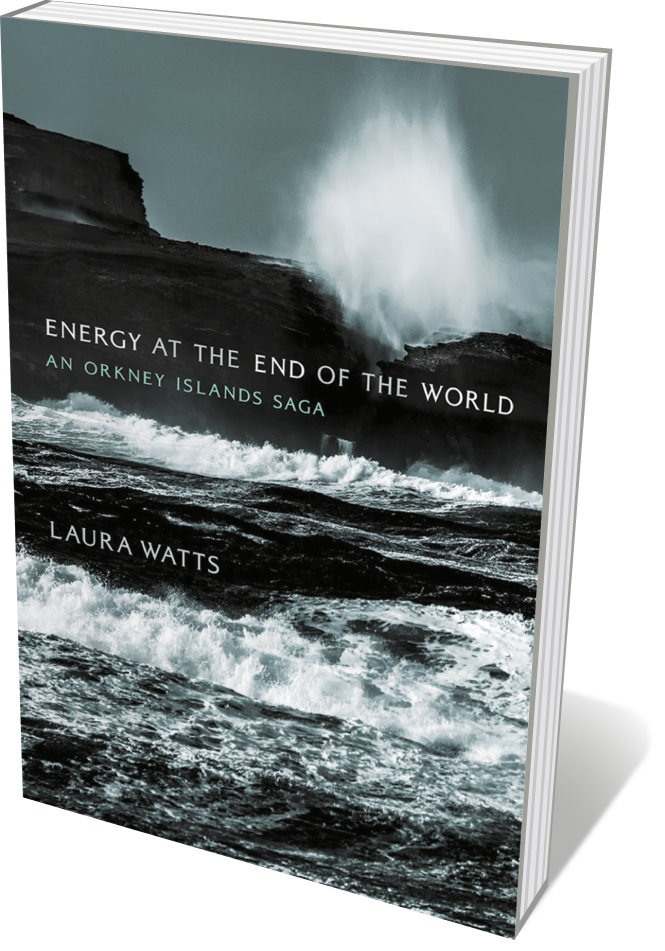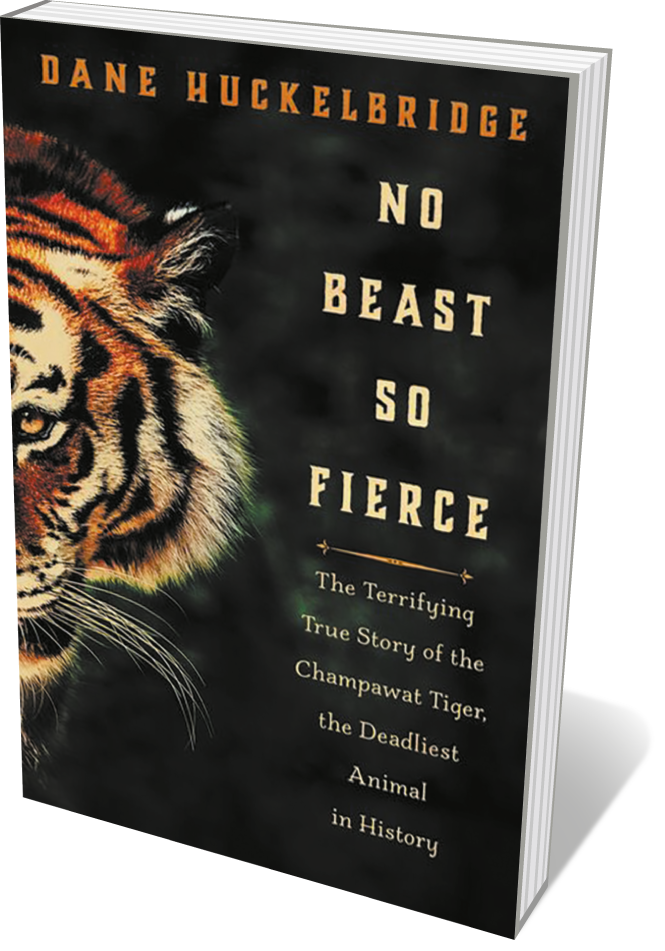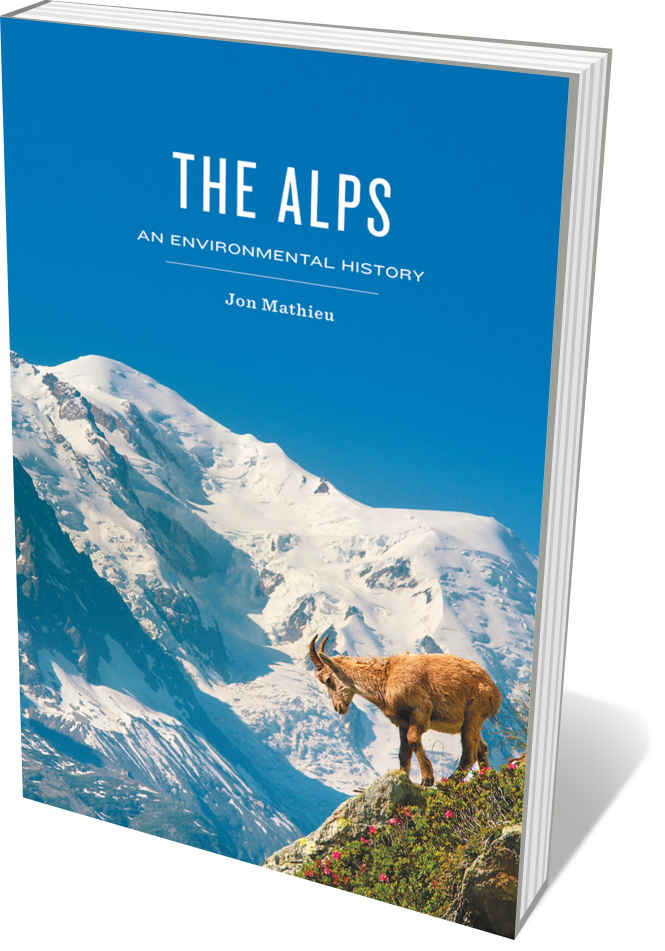
Bruce Usher Columbia University Press (2019)
Public understanding of the energy transition from fossil fuels is woefully patchy — an artefact, in part, of political misinformation. So notes business expert Bruce Usher in this superb corrective, which reveals wind and solar to be the fastest-growing new power sources globally. Usher weighs up the science on and economics of sources from geothermal to hydro, and looks at financing, transportation, “grid parity” with fossil fuels and the social, environmental and geopolitical implications of the shift. The technology exists, getting cheaper by the month: a stark contrast, Usher notes, to the cost of delay.

Laura Watts MIT Press (2019)
The people of Orkney, an archipelago off Scotland’s northern coast, are renewable-energy pioneers. In a study mixing science, ethnography, poetry, history and memoir, interdisciplinary scholar Laura Watts trains a kaleidoscopic lens on Orcadian techno-innovation. She takes us from the 2003 establishment of the European Marine Energy Centre (a testing site for tidal- and wave-energy generators) to networks of micro‑wind turbines and electric cars. In these weather-battered islands, energy is literally “in your face, on your tongue”, but there is plenty of potential for replication elsewhere.

Alan Boss Oxford University Press (2019)
It’s astonishing that just a decade on from the launch of NASA’s Kepler space telescope — the first mission dedicated to detecting exoplanets — we now know that most stars spangling the night sky have planetary systems, many boasting habitable worlds. Astrophysicist Alan Boss, chair of NASA’s Exoplanet Exploration Program Analysis Group, delivers a blow-by-blow history of the emergent findings by Kepler (and other instruments, including Europe’s CoRoT satellite) that details the political vagaries and tensions between various agencies, along with the scientific thrills.

Dane Huckelbridge William Morrow (2019)
From 1900 to 1907, a female Bengal tiger (Panthera tigris tigris) killed hundreds of villagers in northern India and Nepal. This compelling account hinges on that grisly story, but digs deep into causation. Among the factors behind the attacks, Dane Huckelbridge shows, environmental mismanagement and habitat destruction by the British Raj were key, and a grim herald of today’s global erosion of wilderness and its consequences. No less gripping is the interwoven narrative of British tracker Jim Corbett; enlisted to shoot the animal, he later became a fierce conservationist.

Jon Mathieu (transl. Rose Hadshar) Polity (2019)
Arcing 1,200 kilometres across the heart of Europe, the Alps are iconic mountains with a singular history. As Alpine scholar Jon Mathieu posits in this environmental chronicle, their importance as an Enlightenment symbol of nature influenced explorer-scientist Alexander von Humboldt and many Victorian botanists, geologists and zoologists. Mathieu’s episodic but informative narrative tacks back and forth, from the arrival of hunter-gatherers millennia ago through milestones such as the first recorded ascent of Mont Blanc, in 1786, and wolves’ resurgence in the twentieth century.







